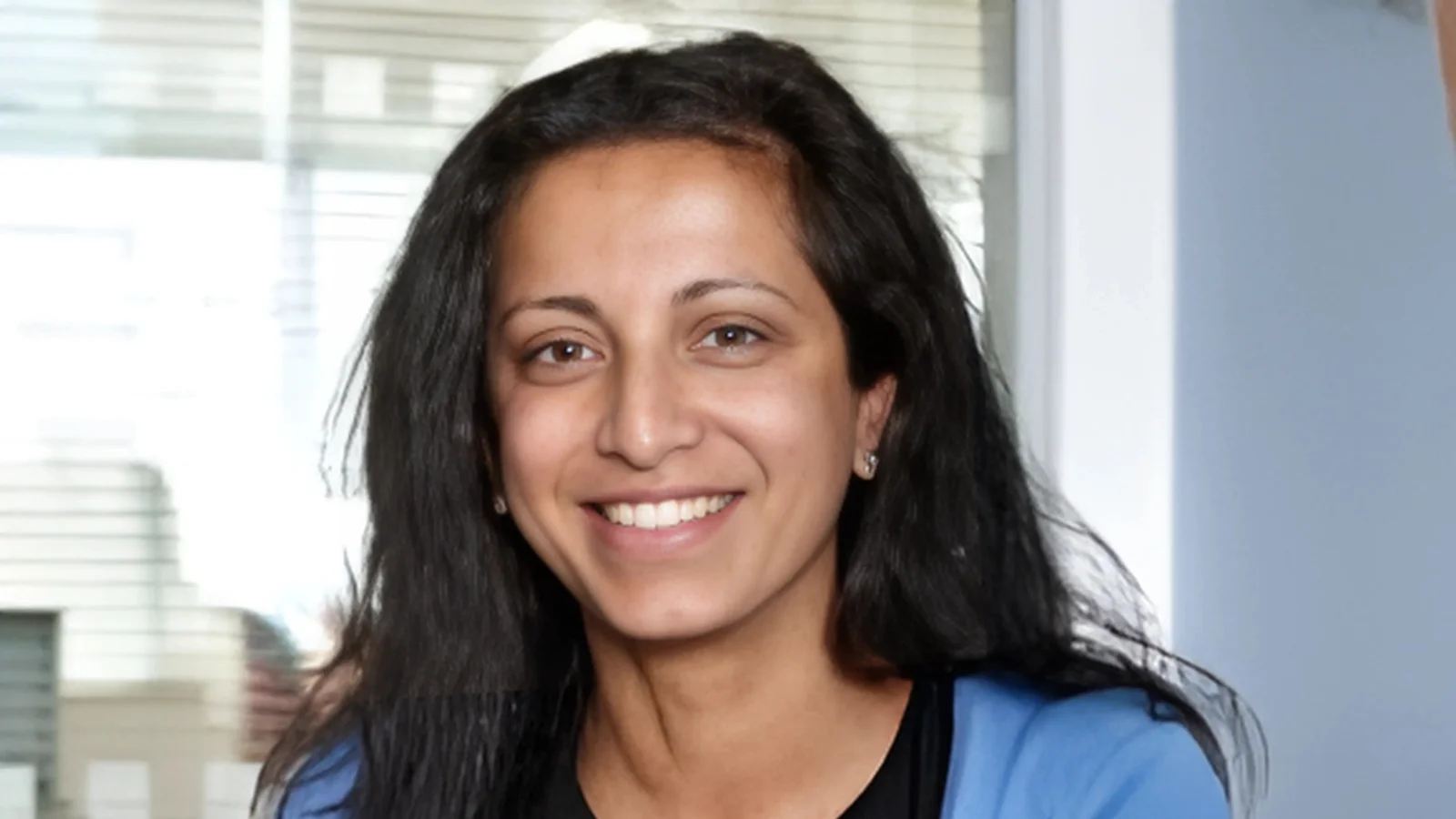A recent study led by Swansea University researchers has revealed a significant issue in paternal mental health, focusing on suicide rates among new fathers. The findings, released to coincide with World Suicide Prevention Day on 10 September, are based on data from Wales and highlight the lack of attention given to fathers' mental health during early parenthood.
The six-month study was headed by Professor Ann John, Director of the National Centre for Suicide Prevention and Self-Harm Research at Swansea University. She worked with Dr Kate Ellis-Davies and Dr Kim Dienes from the university’s School of Psychology. Their research analysed Welsh national health records, mortality data, and mental health service use through the SAIL Databank.
Professor John explained: “Although we found that fathers during pregnancy and early parenthood had lower rates of suicide that other males, we do think this a critical time for intervention and father inclusive services for perinatal mental health. We often run campaigns asking men to seek help for their mental health but we could be much more proactive in offering support at those keys times of transition when they are in contact with services.
“8-13% of fathers are thought to experience depression during pregnancy and early parenthood, there is currently no national system to track or categorise paternal suicide, unlike maternal mortality, which is routinely measured. This gap limits both awareness and targeted support.
“Over the past 22 years, the data from Wales reveals that seven times as many dads have died by suicide as mums during the 1001 critical days. This inequality reflects differences we see in suicide in men and women in the general population. Suicide is potentially preventable but in this group of men we need pathways, from self-care resources to specialist perinatal mental health services, to be available and tailored to dads as well as mums.
“Our research not only establishes baseline rates in Wales but could also inform screening, early intervention and policymaking to better support parents and babies during the critical first 1001 days of a baby’s life.”
The study highlights that while 8-13% of new fathers may face depression during pregnancy or early parenthood, there is no dedicated national tracking system for paternal suicides. In contrast, maternal mortality is regularly recorded. The researchers also noted that over a period spanning 22 years in Wales, seven times more fathers than mothers died by suicide within their child’s first two years.
According to estimates included in the study findings, the total socio-economic cost related to paternal suicide across the UK stands at approximately £217 million annually. Fathers are not currently eligible for specialist perinatal mental health services that are provided only to mothers.
Dame Andrea Leadsom spoke at the launch event for her new charity, The 1001 Critical Days Foundation—which funded this research—and emphasized the need for change: “The science is stark - the experiences of a baby during the period from pregnancy to age two form the building blocks for their lifelong emotional and physical health. My own experience of postnatal depression showed me how tough those early days can be and how vital it is to support mums, dads and carers.
“Suicide remains the leading cause of maternal death, but paternal suicide isn't even measured. That has to change. The research we have funded at Swansea University will shine a light on this hidden crisis and help policymakers find the right interventions to save lives.”

